In December of 1988, during the last days of Ronald Reagan’s presidency, the United States publicly agreed to an official dialogue with the Palestine Liberation Organization. This followed PLO leader Yasser Arafat’s renunciation of terrorism, acceptance of Israel’s right to exist, and endorsement of UN resolutions 242 and 338, after which the US accepted the PLO’s legitimacy. In effect, the PLO had conceded that 78 percent of what they considered to be historic Palestine was now Israel. They accepted that control of the “remaining” 22% — the West Bank and Gaza Strip — would be determined by negotiations.
The Palestinians had finally assented to the “land for peace” formula that had been adopted by the US, Israel, and the international community after the 1967 war. Now, almost 30 years later, this formula is being undermined by a figure who once would have seemed an unlikely culprit: the US ambassador to Israel.
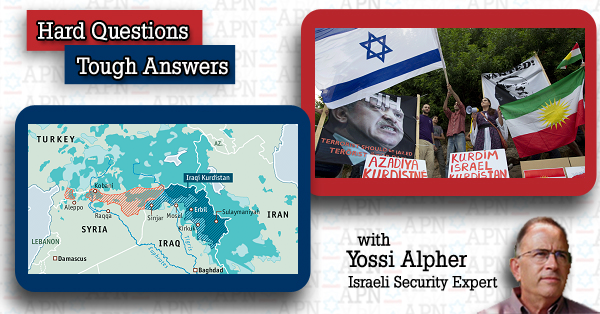

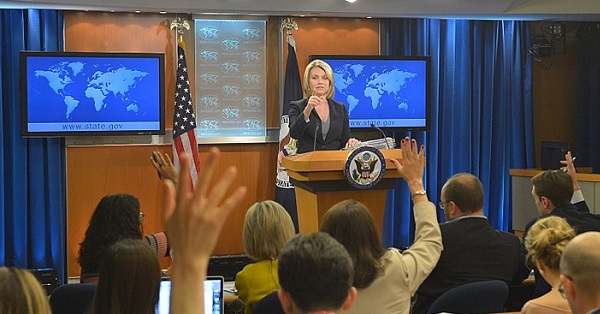
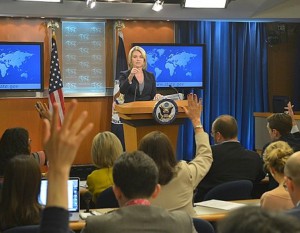 In a recent interview, U.S. Ambassador to Israel David Friedman – a long-time supporter of
Israeli settlements – falsely claimed that Israel occupies “only 2 percent” of the West Bank.
In a recent interview, U.S. Ambassador to Israel David Friedman – a long-time supporter of
Israeli settlements – falsely claimed that Israel occupies “only 2 percent” of the West Bank.
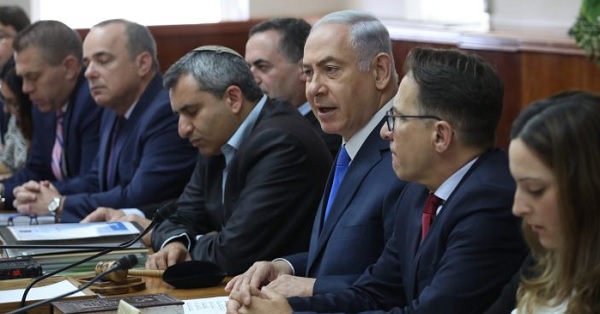
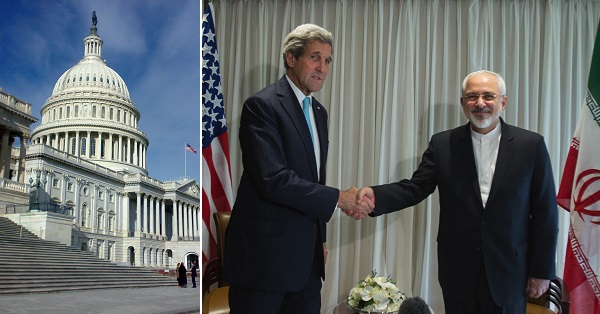
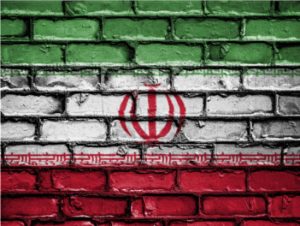 As
As 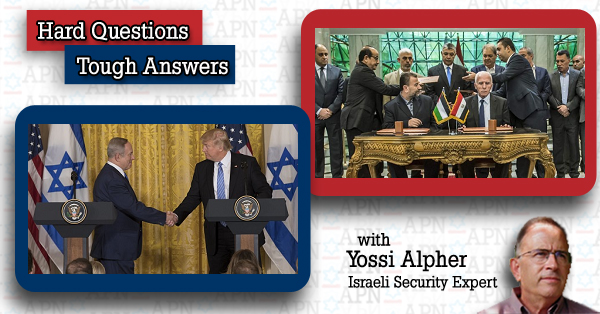
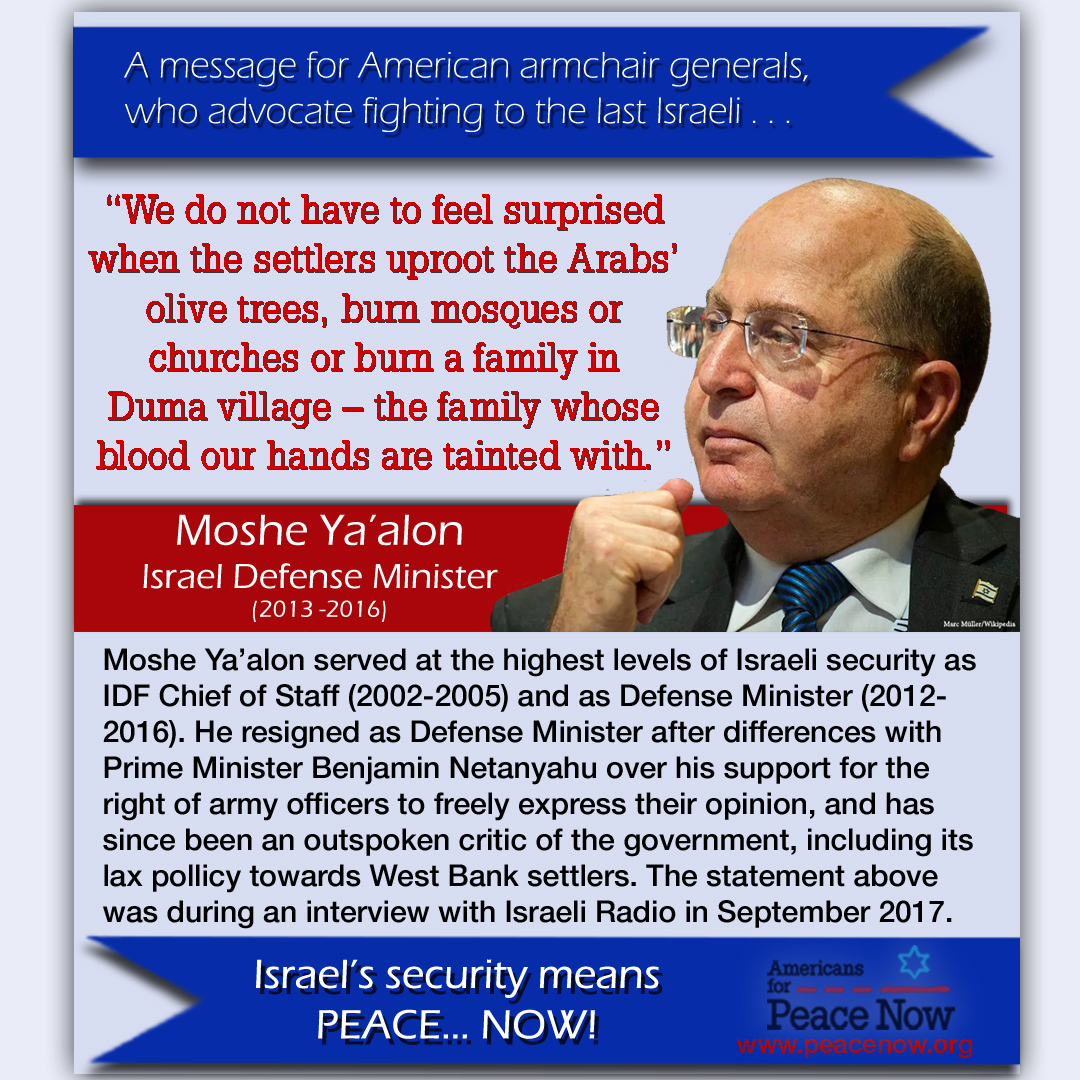
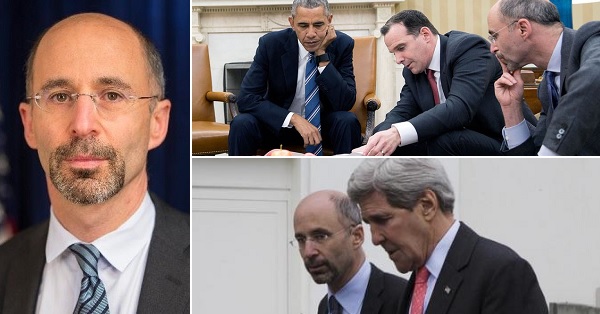

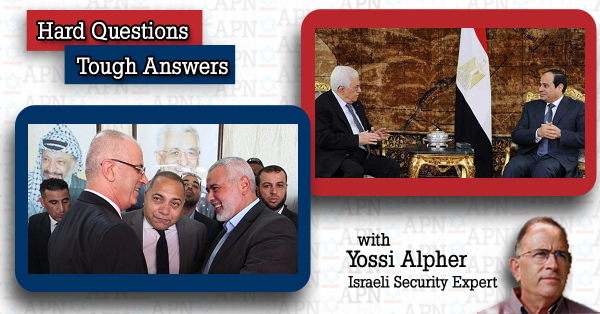
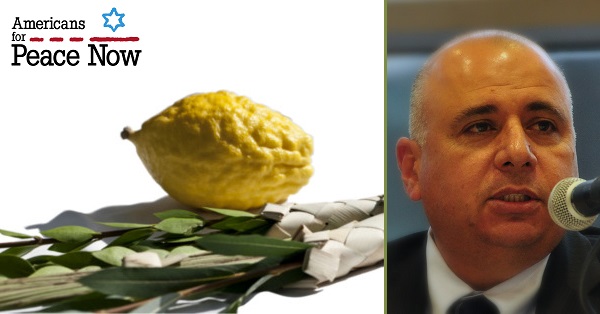
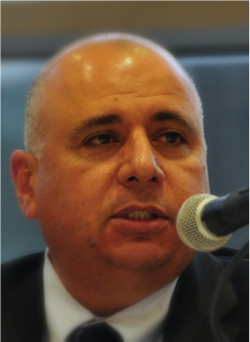 Every Jewish holiday comes with its set of very particular traditions. There is the
carefully-prescribed sequence of shofar blasts on Rosh Hashanah, the prohibition on putting anything (even a
toothbrush) in one’s mouth on Yom Kippur, the precise order of lighting the menorah’s candles during Chanukah,
and of course the uncompromising war on chametz in preparation for Passover.
Every Jewish holiday comes with its set of very particular traditions. There is the
carefully-prescribed sequence of shofar blasts on Rosh Hashanah, the prohibition on putting anything (even a
toothbrush) in one’s mouth on Yom Kippur, the precise order of lighting the menorah’s candles during Chanukah,
and of course the uncompromising war on chametz in preparation for Passover.